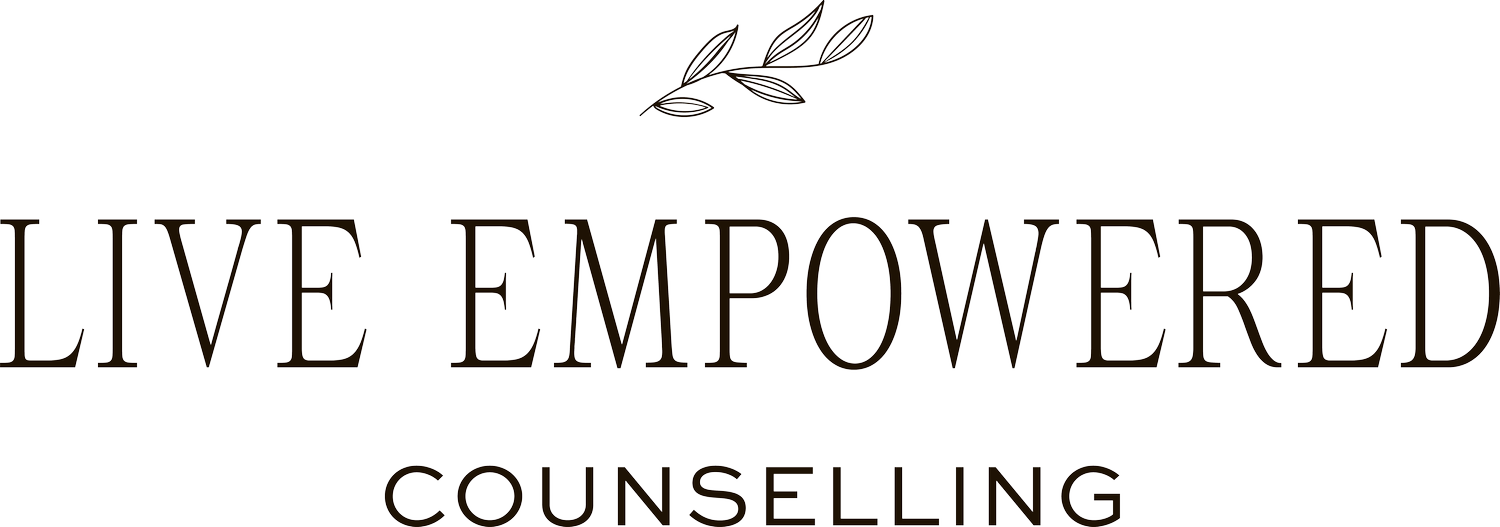Why Shameful Motivation Keeps You Stuck
Expectations. On the outside they are well intentioned beliefs about the way things should be. Seems simple enough, right? Don’t forget, we are human, and that means even our most simplistic beliefs often have layers of meaning. Well, at least my therapist brain thinks so. In the nature of this therapist’s brain, let’s look deeper. Expectations can be set for the self and for others. In this particular piece, we will focus on the expectations we create for ourselves.
So, how do expectations for the self come to exist? Because of our highly achievement based society, expectations often come from the headspace of not feeling like we have done enough or that we are enough. With this in mind, expectation have two roles: 1) We make up our minds that we are not good enough or what we have is not good enough in some way, so we set expectations from this frame of mind to do better and be more 2) We function through perfectionistic beliefs that create expectations that are detrimental to our physical and mental well-being and when we can not live up to these expectations, we make up our minds that we are not good enough. When we use expectations in these two ways, we get stuck.
Now let’s look at expectations under this framework and combine it with a second key word, change. Expectations and change function together. Think of them like snow and Canada (self-explanatory for those of you hibernating like me right now). Usually when we set expectations for ourselves it is because we are looking for some type of change. Change can be helpful for us in many ways. If we are struggling with disordered eating, changing the way we relate to food and body can be meaningful and empowering. If we are struggling to manage our anxiety, learning coping skills and changing the way we cope with fears and beliefs can help us navigate the world in a more functional and affirming way. As you can see, change is not the culprit in this relationship, the mindset of shameful motivation from which we choose and carry out our expectations of change is. Shameful motivation is when we use our critical voice and our fear of not being good enough to lead us through change. This may work for you or for others temporarily, but long term we wind up back in that stuck point feeling more ashamed, guilty, and low then we may have been when we started the journey of change.
So how can we set expectations and make helpful sustainable changes? Self-compassion. Dr. Kristin Neff is a leading expert on self-compassion and through her research, self-compassion has become one of the most effective strategies for helping those of us who are highly self-critical over-achievers make changes from a place of compassion instead of a place of shame.
How might we use self-compassion to quell our use of unrealistic expectations? For the individuals that I work with, I often teach them that self-compassion starts with talking to yourself like you would talk to a good friend or loved one. Think about the critical narratives you often tell yourself when you are struggling and ask yourself if these are the messages you would pass along to a good friend. More often than not, the answer to this question is no. If this is true for you, consider some of the kinder more mindful ways you can set expectations and motivate yourself to make helpful change. Try to focus on your values, strengths, and talents like you would if you were responding to a good friend. Neutral language can also be a great place to start for those that find self-compassion too difficult. In fact neutral language may be where you stay if it works for you. This could mean taking a second to be patient with yourself and your change process by observing and describing your feelings non-judgmentally and without using language that you may not necessarily believe in this moment to be true.
The reality is that change is a difficult growth process that involves various different steps and mistakes along the way. When we set expectations for change with perfection and shame at the forefront, we leave ourselves little resources to draw on when we have set backs or slips in our expectations. Using a self-compassionate stance to grow instead, invites us to recognize that our experience of struggle and imperfection is a normative part of the human experience and provides us with the opportunity to heal and thrive with acceptance and care.
Learn more about Dr. Kristin Neff and her work here: https://self-compassion.org

